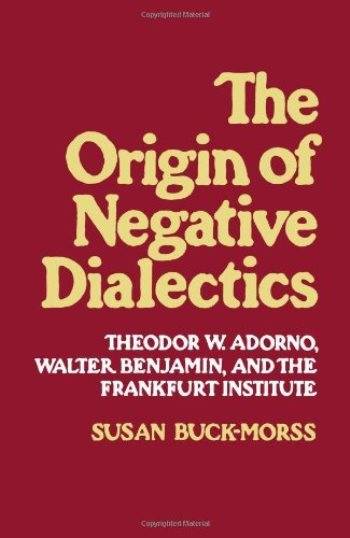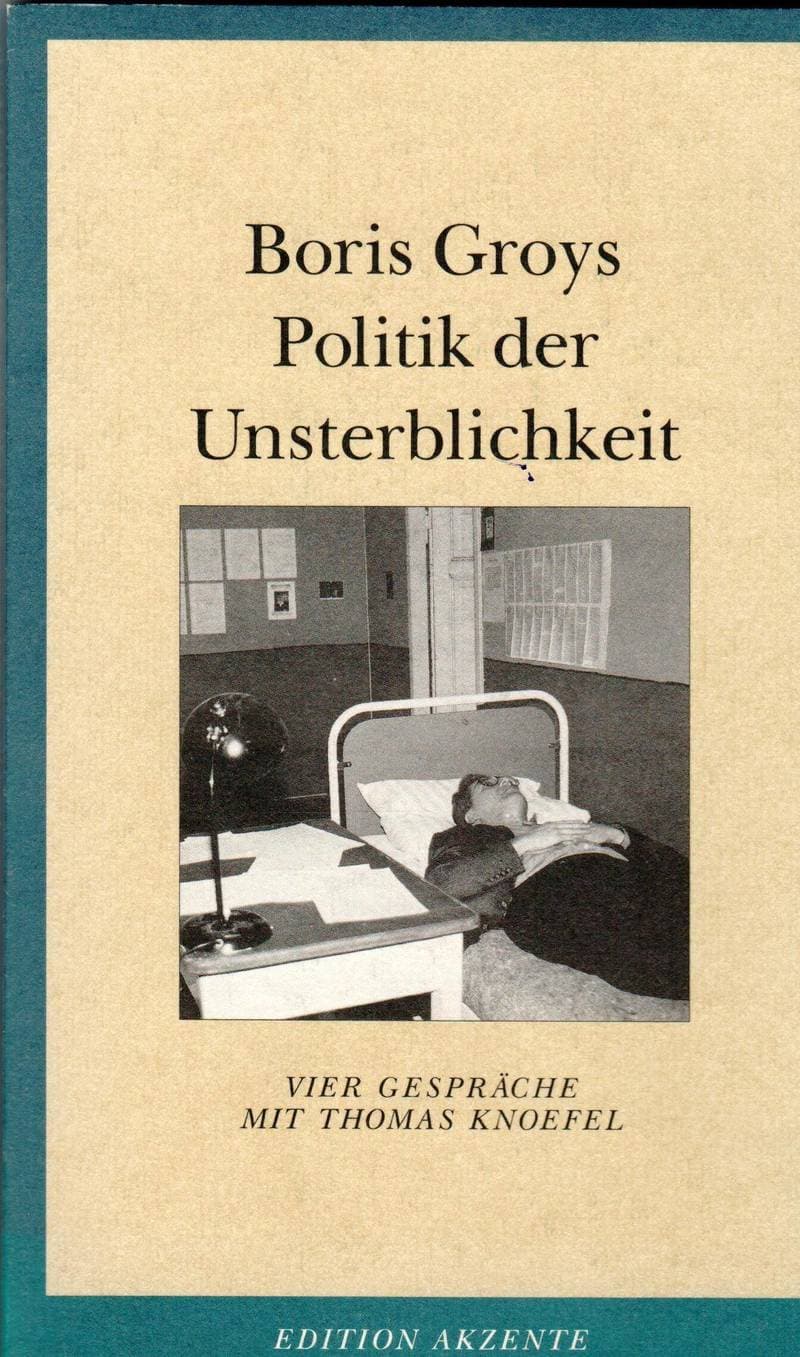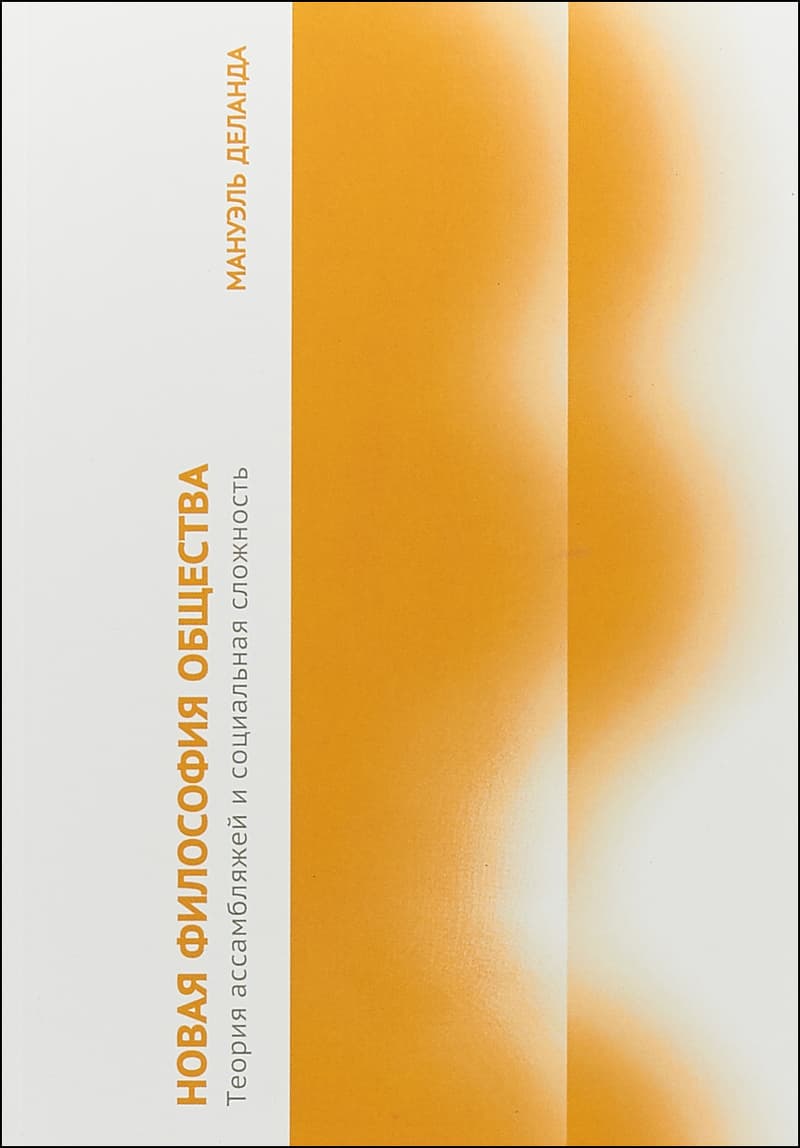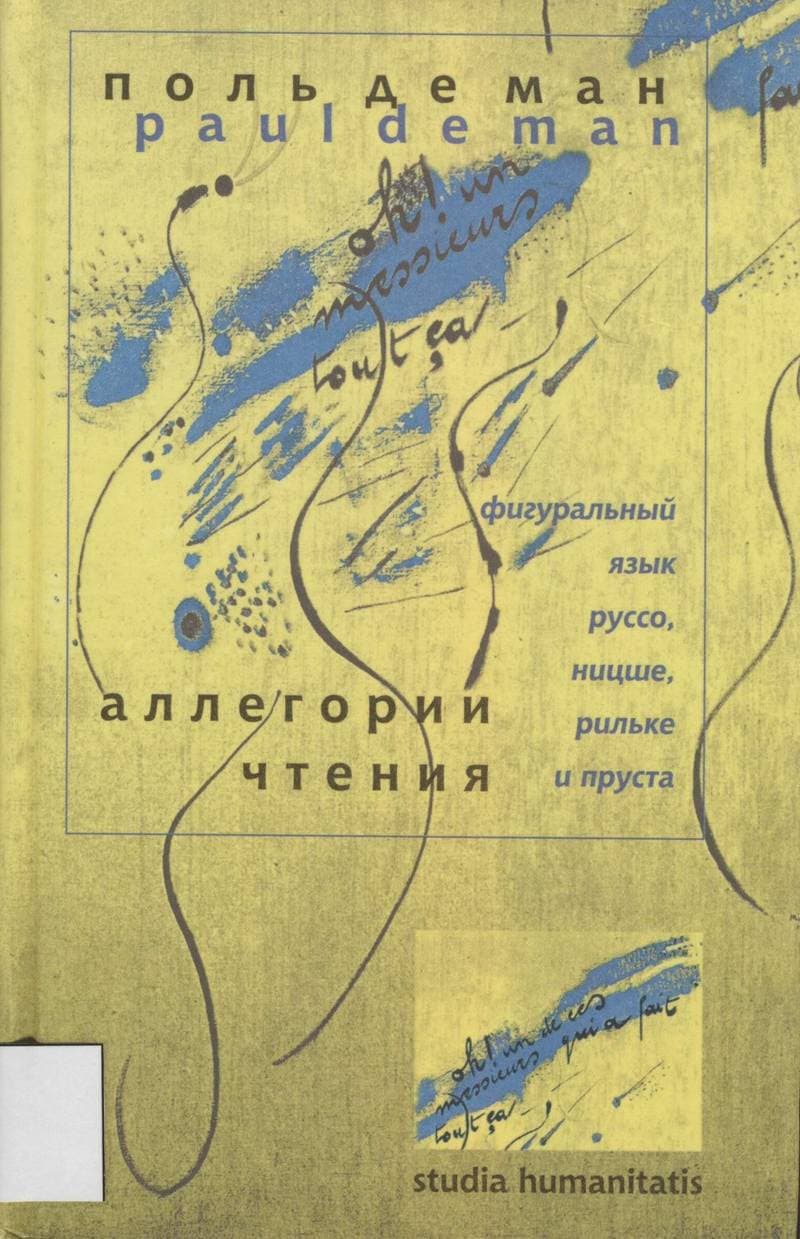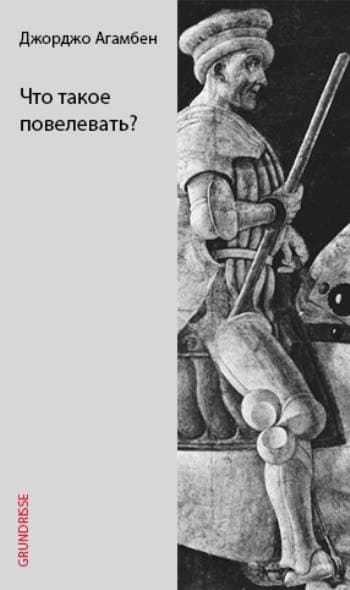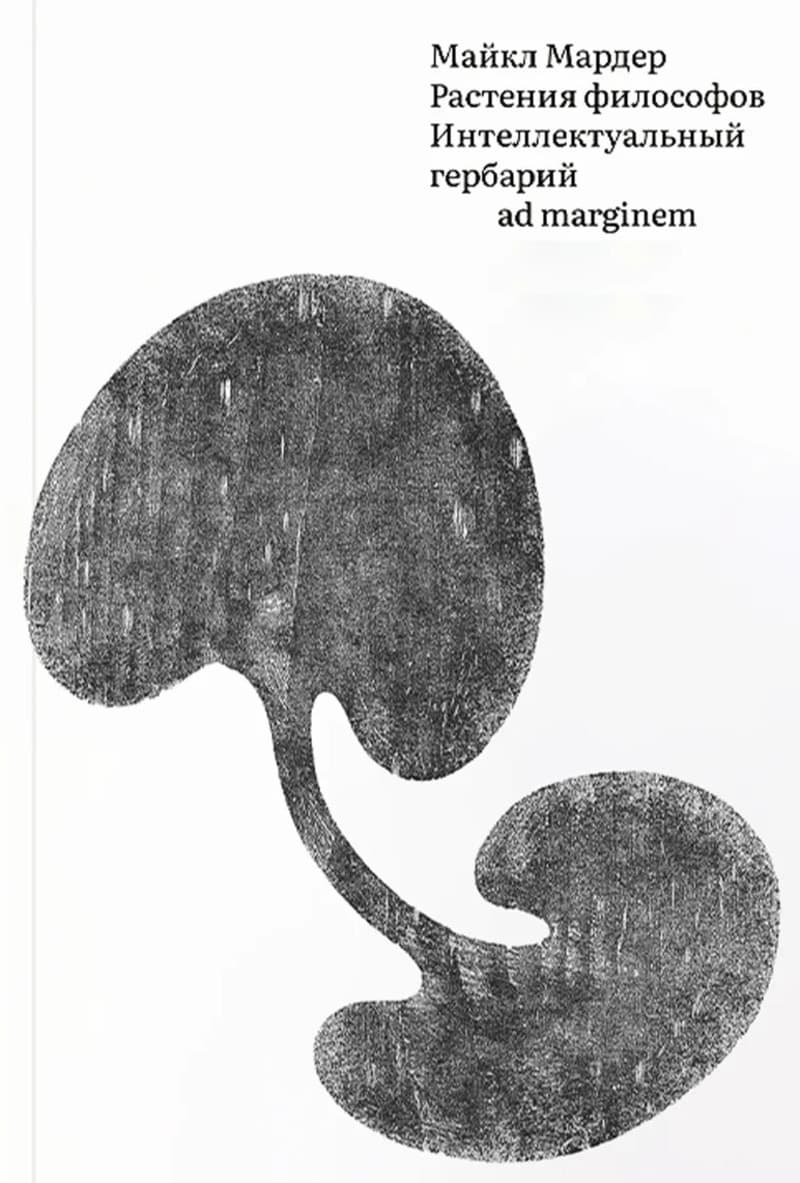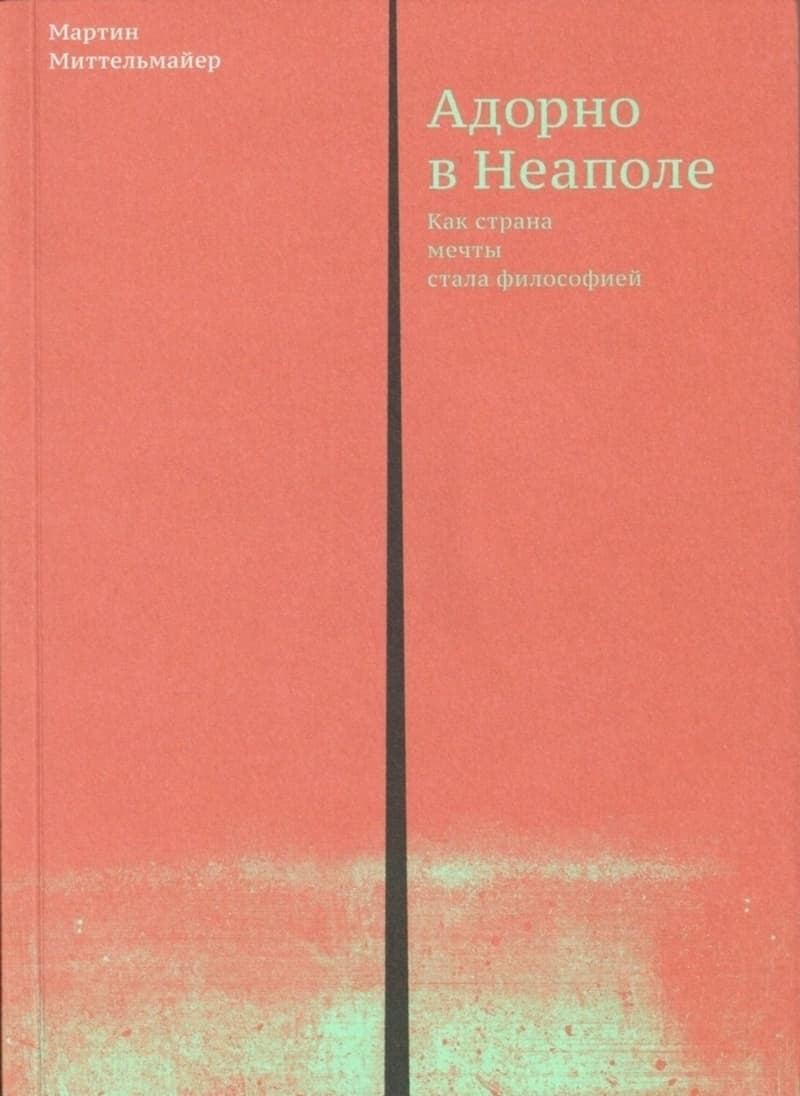The origin of negative dialectics: Theodor W. Adorno, Walter Benjamin and the Frankfurt Institute
In her important introductory chapter, Susan Buck-Morss rightly stresses the significance of Critical Theory for young West German intellectuals after World War II. In contrast to the American situation, spaces in which questions of Marxism could once again be discussed were opening in the vicinity of the Institute for Social Research in Frankfurt. Buck-Morss convincingly sketches this learning process that ended in antagonism when Horkheimer and Adorno proved unwilling to participate in the political practice of the extra-parliamentary opposition. Leftist students turned away from Critical Theory, treating it like the proverbial dead dog after 1970, thereby allowing it to be taken up by young conservatives who concerned themselves only with the aesthetic character of Adorno’s and Benjamin’s writings.
Details
New York City
1977
335 pages
9780029051504
Available on request
No
No
109 Buc
1
- Vita activa, или О деятельной жизни2000
- Девочка с пальчик2016
- Ник Ланд. Сочинения в 6 томах. Том 2. Киберготика2018
- Politik der Unsterblichkeit: Vier Gespraeche mit Thomas Knoefel2002
- Новая философия общества: Теория ассамбляжей и социальная сложность2018
- Теория религии. Литература и зло2000
- Аллегории чтения. Фигуральный язык Руссо, Ницше, Рильке и Пруста1999
- Люди в тёмные времена2024
- Что такое повелевать?2013
- Растения философов. Интеллектуальный гербарий2025
- Адорно в Неаполе. Как страна мечты стала философией2017
- Третий смысл2015
